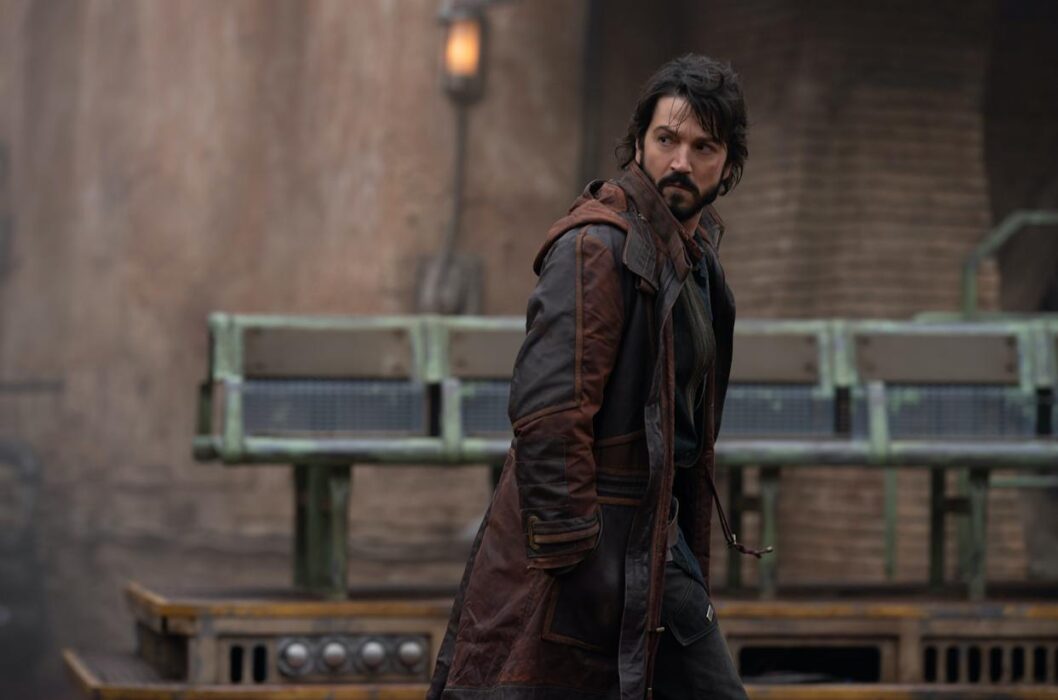The “Star Wars” galaxy has always operated on a mythic scale — laser battles, Force mysticism, rebellion versus empire. But in season two of Andor, the creators have taken a dramatic narrative detour, introducing something the franchise has never dared to portray explicitly: sexual assault.
In the third episode of the newly released season, the character Bix Caleen, played by Adria Arjona, finds herself cornered by an Imperial officer during a tense hideout scene. What unfolds is an attempted rape, a first for the saga.
After overpowering her attacker in a gritty and visceral struggle, Bix makes the gravity of the moment unmistakably clear, shouting, “He tried to rape me!”
This is no passing moment of vague implication. It's a deliberate, jarring insertion of real-world brutality into a world historically buffered by its PG-rated storytelling. And while it’s not graphic, the message is undeniable.
Tony Gilroy, the creator of Andor, defended the scene in recent interviews. To him, it's not gratuitous — it's history. “I get one shot to tell everything I know … about revolution, about battles,” he told The Hollywood Reporter. For Gilroy, sexual violence is tragically intrinsic to the history of power and war. “To not touch on it, in some way… it just was organic and it felt right,” he said.
Gilroy’s approach is unflinching, even provocative: to depict rebellion not through heroic montages but through scars — physical, psychological, and cultural. The decision to incorporate sexual assault, especially when wrapped in the language of realism and historical allegory, signals a sea change in how far Star Wars creators are willing to stretch the moral and thematic limits of the franchise.
For Arjona, the actress behind Bix, the scene held weight beyond storytelling. Speaking to Variety, she described the experience as “empowering,” particularly in vocalizing what had just happened. “I felt so much power in that,” she said, underscoring how rare it is for characters — especially female characters — to claim space for their trauma in genre fiction.
But fans are split. Some view the moment as an unnecessary breach of the franchise’s mythic tone, arguing that evil in Star Wars has traditionally been portrayed without invoking real-world sexual violence.
Others defend the creative choice, insisting that such brutality reflects the unchecked power dynamics at the heart of the Empire and, by extension, real-life authoritarian regimes.


